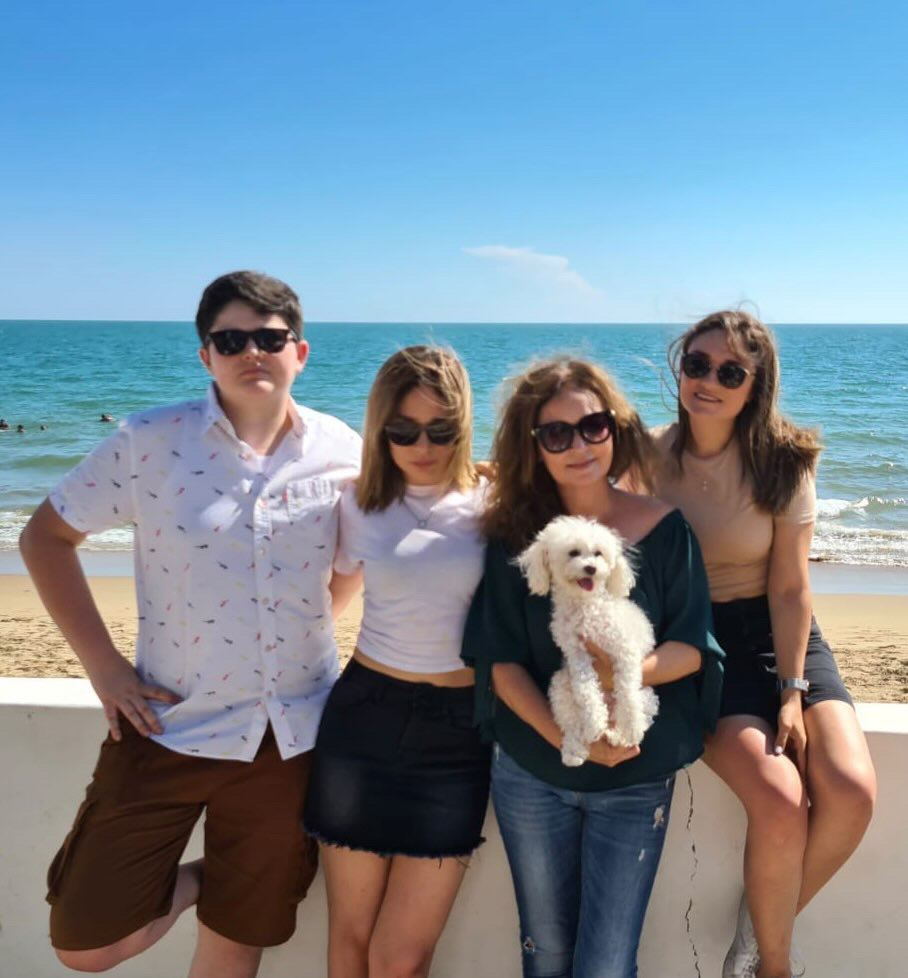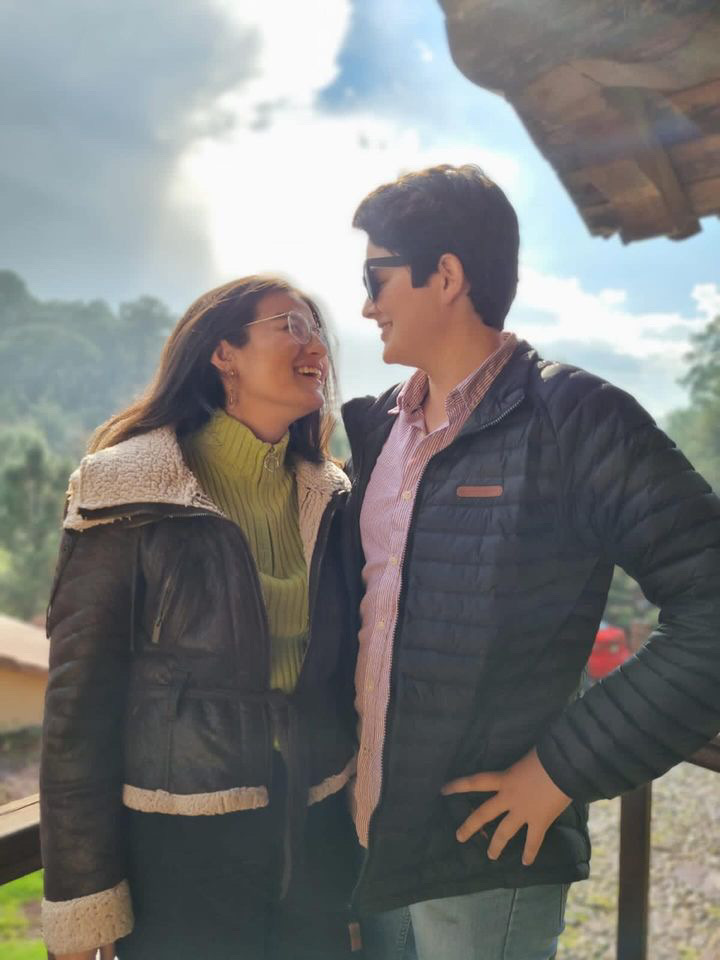The Silver Lining of Vasculitis

Luis Rojo, a 24-year-old from Sonora, Mexico, was mapping an island in the middle of the California Gulf as a geology student when he began to feel overwhelmingly—and unexpectedly—weak and tired. Soon, pain set in, wracking his whole body. As his fever spiked, he was admitted to the hospital. The doctors did every test they could think of with no clear results.
“It was four months of experimenting with treatments,” Luis said, before he was diagnosed with IgA vasculitis. “Those were the most painful, scary, hardest moments of my life. I remember feeling hopelessness, sadness, anger, and a lot of fear.” He wasn’t able to eat, sleep, or move without pain. As his heart raced from tachycardia each night, Luis said, “I feared falling asleep and not waking up the next day. The sound of my heart going so fast felt like I was running a race against someone faster and stronger. No matter how fast I ran, vasculitis was catching me.”
His medical team told him to drop out of college. The pandemic had just engulfed the globe and they weren’t sure what COVID meant for his compromised immune system. Luis felt like his life had been ripped from him—his social life, his research projects—and he dipped into a depression. “I wasn’t studying, wasn’t working, I was sick, and I was isolated in a worldwide pandemic. I was alone with my disease and my mind.”
But it was in the depths of that crevasse that Luis began to discover the light, making what he calls “one of the best decisions of my life.”

When Luis was hospitalized for the first time with no answers, he felt a responsibility to hold it together for his loved ones. “My heart broke,” he said, “any time I saw my mother or my girlfriend crying from the fear of losing me. All my family and friends were afraid.” He felt obligated not to let on that he was scared, too. “I made the mistake,” he explained, “of ‘acting like a man.’ I would tell everyone that I was feeling fine, that they had no reason to worry. I hid my pain. This was a very heavy weight to carry alone. At the same time, I began to feel guilty for being sick, fearing that everything was my fault. But all this stress only makes you sicker.”
Luis began asking himself, “Why me?” He said, “At the age of six, I almost died of leptospirosis. Years later, I nearly died when my appendix exploded. So when I got vasculitis, I started asking myself why. I believed some kind of God or karma was punishing me, but I didn’t understand why or what I did wrong. Was I a bad son? Was I a bad brother? Was I a bad friend? Was I a bad person?”
Swirling with shame and fear, Luis felt he had no other choice: He started therapy. This was the best decision of his life, the silver lining of vasculitis.
In therapy, Luis began to see that vasculitis was not a punishment; he wasn’t guilty of anything. “I got a disease and that’s it,” he said. “It doesn’t make me less or weaker than others. If anything, it makes me feel stronger because I have to do the normal stuff everyone does, but with a little more baggage.”
He also began to re-see what it means to ‘be a man.’ “I realized that everyone was afraid, even the doctors, and most of all myself. And there is nothing bad about that. Fear is a natural emotion. Feeling it or showing that I’m afraid doesn’t make me any less of a man. I think that people who allow themselves to feel and face their emotions are actually very strong and bold.” He had stumbled upon the secret: He couldn’t control what was happening, but he could choose to see it, acknowledge it, and react to it in a healthy way.

Today, Luis knows just how strong he is. “Because of vasculitis, I had thought I was born into a bad body. But now I see that I was born into a very strong body that has endured very hard things. This body allows me to be alive right now; my body saved me, even when I treated it badly, smoking, drinking, eating garbage food, not doing exercise.” These days, Luis has made a promise to his body: “I will take care of my body just as it took care of me. I am a team with my body. Now, when hard days come, my body and mind will be healthier and harder to defeat.”
He’s also experiencing a renewed sense of gratitude: “I value the little things more than before, like sunsets, a cup of coffee, the smell of rain, the sound of birds, the laughter of my friends, a hug from my mother, a kiss from my girlfriend. I’ve realized that this is the good stuff of life.”
Luis is in his final semester of college and finds his days are far more peaceful. “In my free time, I like to see movies, read, and try new things I have never done before.” Recently, he tried reading poetry with people who are passionate about it.
He has emerged from the darkest moments of his journey with new revelations: “Something I’ve learned is that I can’t always plan for the future. I don’t ask too much from the future, only that I want to keep this calm and peace in my life. I just want to live this experience of being a human, finding out what that means.”
To others living with vasculitis, Luis says, “Know you are stronger than you think. Don’t give up. And let people help you. There’s nothing bad in that. Nothing lasts forever, not even the pain.”
Out of his pain, Luis has forged a new path forward: a life of deep contentment.
Written by Ashley Asti
